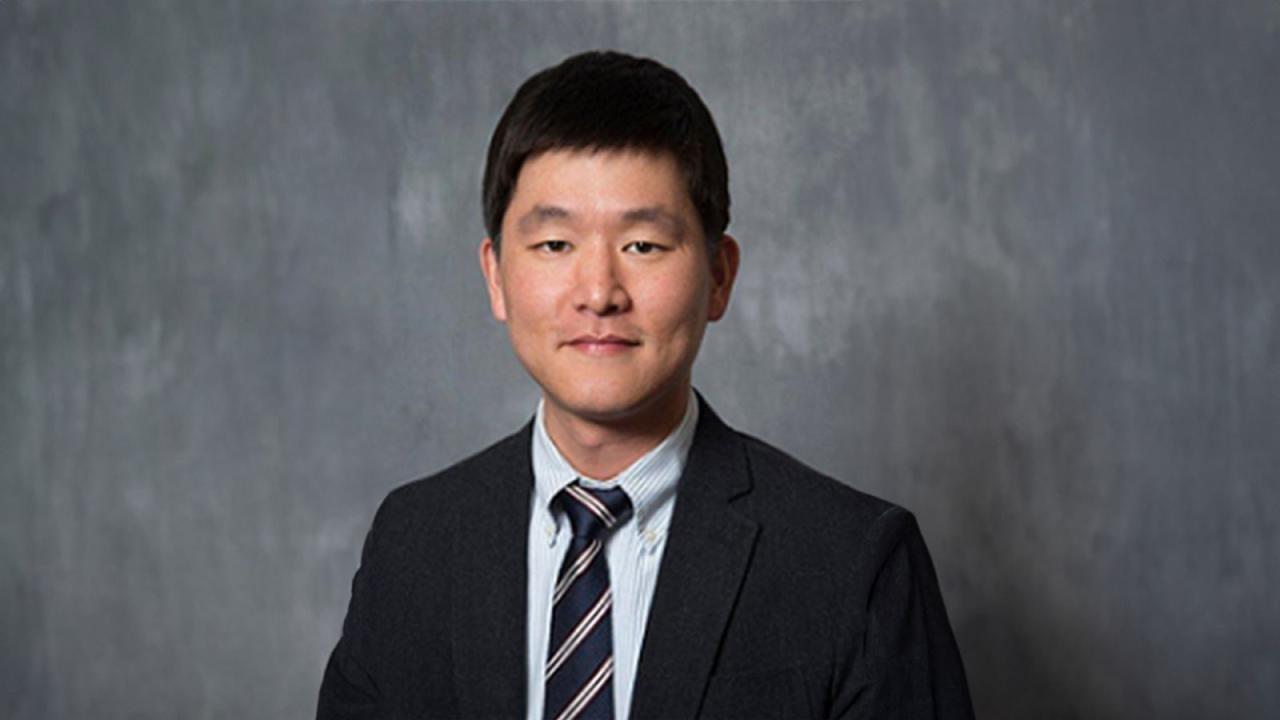A new center founded in Purdue Polytechnic, the college for technology studies at Purdue University, has set out to “[advance] AI’s frontiers through applied research, interdisciplinary approaches, and collaborative partnerships.” The Applied AI Research Center (AARC) is headed up by its founding director Byung-Cheol Min, an associate professor and faculty scholar in Purdue Polytechnic’s Computer and Information Technology department.
“Artificial intelligence is one of the most transformative advancements of our time,” Min said. “This college’s culture of interdisciplinary collaboration, risk-taking and diversity provides the ideal environment for addressing the wide-ranging challenges of AI across various fields.”
AARC’s core faculty—Miad Faezipour, Kyubyung Kang, Tianyi Li, Xingyu Li, Christos Mousas, Gaurav Nanda, Romila Pradhan, Wenhai Sun, Jin Wei-Kocsis, and Jiansong Zhang—span four different departments within Purdue Polytechnic.
Min’s co-director at AARC is Yingjie Chen, a professor in Purdue Polytechnic’s Department of Computer Graphics Technology with research interests in AI, virtual reality, and computer vision systems. In addition, Min has noted that AARC will soon invite interested faculty to become affiliates, and that AARC’s faculty will expand not only further into the college, but to other colleges at Purdue as well.
Given the college’s areas of expertise in applied AI, AARC’s main research areas have already been decided: 1) Computer Vision, 2) Cybersecurity, 3) Machine Learning and Data Analytics, 4) Natural Language Professing (NLP), and 5) Robotics and Automation.
Purdue Polytechnic’s dean, Daniel Castro, has pointed out how AARC’s strategic priorities dovetail with the college as a whole:
“The Applied AI Research Center (AARC) at Purdue Polytechnic is set to become a leading hub for applied AI research, integrating cutting-edge machine learning with real-world industry applications. By uniting researchers from across Purdue, AARC will address real-world AI challenges through innovative, practical research and interdisciplinary collaboration.
"AARC will advance our college’s research while complementing the Institute for Physical Artificial Intelligence (IPAI), positioning Purdue as a thought leader that drives industry-ready advancements that benefit society.”
AARC is currently organizing both an internal and external advisory board, which will assist with the direction of research projects, inform the center of current trends within industry, mentor students and more. The calendar of events is also being arranged; this will include a town hall, a seminar series, and an “AI Day” at Purdue featuring collaborators, industry partners, and student research.
In addition, AARC will be closely collaborating with Purdue-wide initiatives, such as the Institute for Physical Artificial Intelligence (IPAI), to maximize synergy. This collaboration aims to leverage shared resources, expertise, and research opportunities, ultimately driving innovative solutions and enhancing the impact of our collective efforts.
Min is also the founder of the SMART Lab, which has historically focused on robotics and produced several dozen alumni with expertise in related fields at Purdue. Min has also worked on prior research with AI implications, such as an NSF project funded in 2023 that explored opportunities for “human-robot collaboration” on construction sites.
“By focusing on [solutions] determined in collaboration with industry partners, AARC aims to drive innovation that meets the needs of modern industry and prepares stakeholders for the future of AI,” Min said.
“Our goal is to become a leading hub for applied AI research and innovation. We look forward to partnering with others, and shaping the future of AI together.”
Additional information













